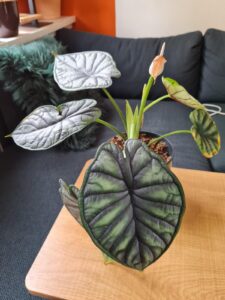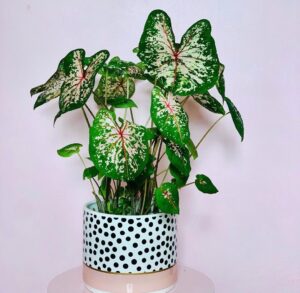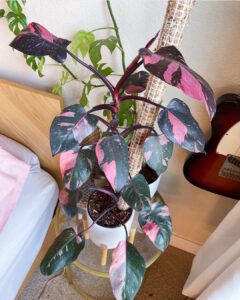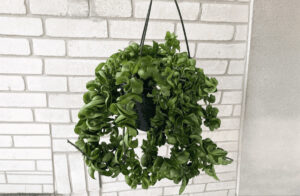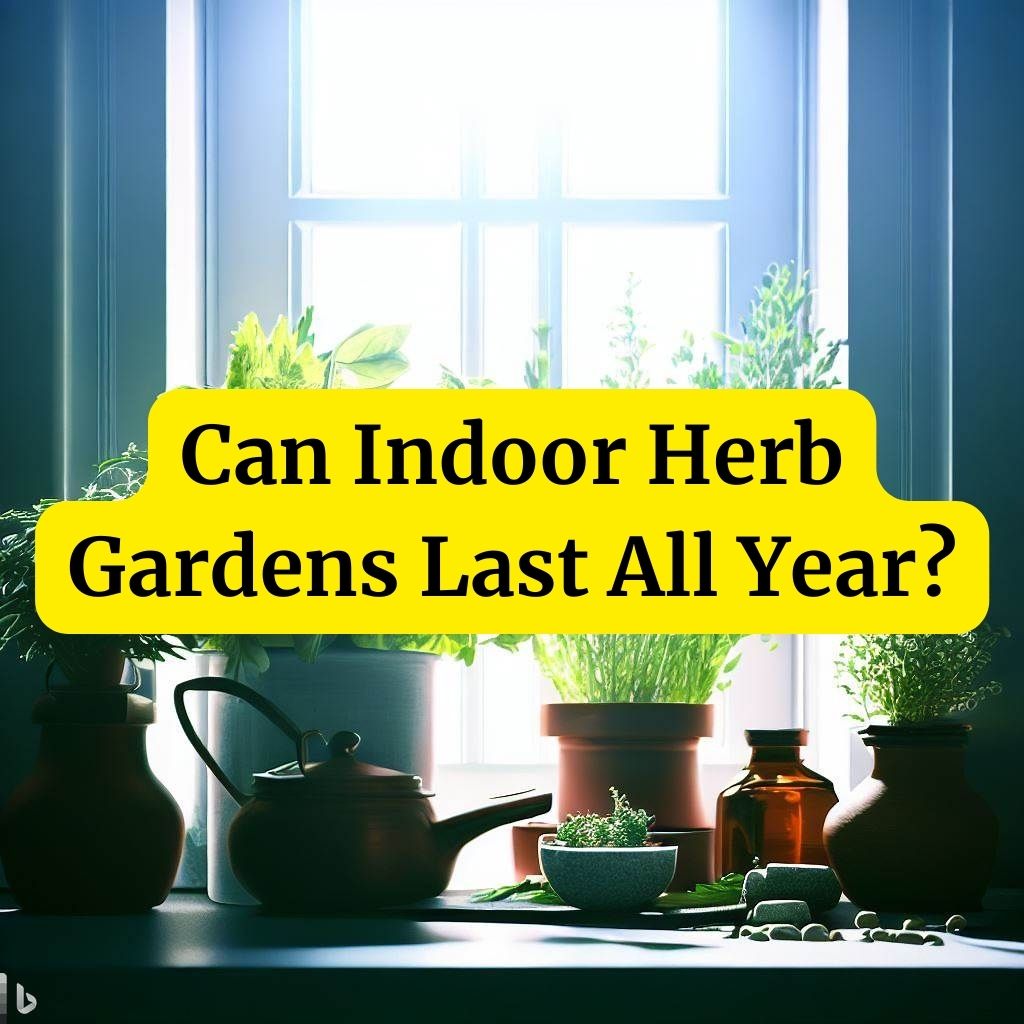
In this article, we will discuss how often you should water indoor herbs, what kind of light an indoor herb garden needs, tips to get your indoor herb gardens thriving all year long. Let’s get started!
In this article
How Often Should You Water Indoor Herbs?
Overwatering is one of the most common mistakes when it comes to indoor herb gardening. It’s essential to keep the soil moist, but not too wet. The frequency of watering depends on the type of herb, the size of the pot, and the humidity level in your home. As a general rule, water your herbs when the top inch of soil feels dry to the touch.
What Kind of Light Does an Indoor Herb Garden Need?
Herbs need plenty of light to grow, and most of them require at least six hours of sunlight per day. If you don’t have a sunny window, you can use artificial lights to supplement natural light. LED grow lights are an excellent option for indoor herb gardens because they are energy-efficient and emit very little heat.
Leaving Herbs Outside During Winter
If you live in a warm climate, you can grow herbs outside all year round. However, if you live in a colder climate, you need to take steps to protect your herbs during the winter months. You can bring your potted herbs indoors or cover them with a frost blanket to keep them warm.
If you want to keep your herb garden alive during the winter months, you need to take some precautions. Here are some tips to help you preserve your herb garden:
- Bring your potted herbs indoors
- Cover your outdoor herbs with a frost blanket
- Water your herbs less frequently
- Use LED grow lights to supplement natural light
Easy Herbs to Start With
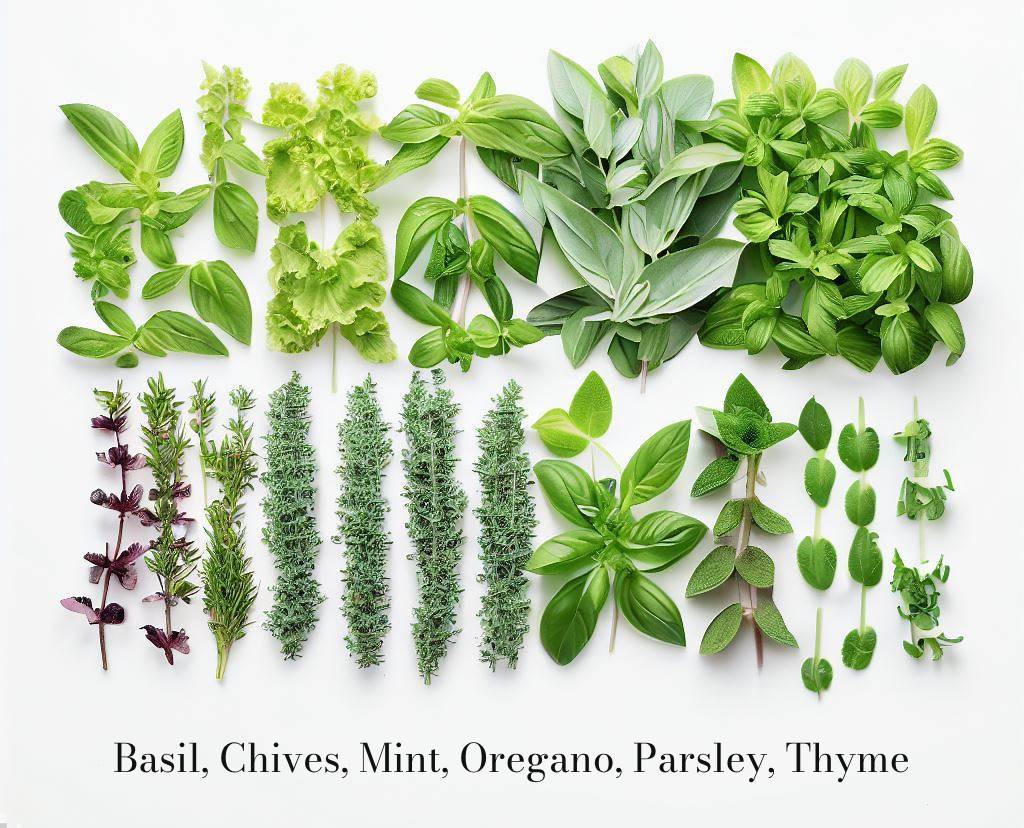
If you’re new to indoor herb gardening, you might want to start with some easy-to-grow herbs. Here are some herbs that are perfect for beginners:
- Basil
- Chives
- Mint
- Oregano
- Parsley
- Thyme
Do you know your parsley from your cilantro?
Take these 6 easy questions and test your herb knowledge.
Have fun!
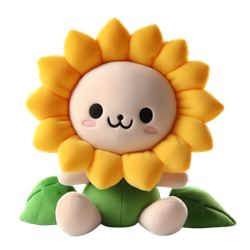
Question
Your answer:
Correct answer:
Your Answers
Companion Planting
Companion planting is the practice of planting different plants together to improve growth and repel pests. Some herbs are excellent companion plants for other herbs and vegetables. For example, basil is a great companion plant for tomatoes because it repels pests and enhances the flavor of the tomatoes.
Planting Herbs Outdoors
If you want to plant herbs outdoors, you need to choose the right location. Most herbs prefer well-draining soil and plenty of sunlight. You can plant herbs in raised beds, containers, or directly in the ground. Make sure to water your herbs regularly and fertilize them with a balanced fertilizer.
In conclusion, herb gardens can last all year round with the right care. Whether you’re growing herbs indoors or outdoors, make sure to provide them with plenty of light, water them regularly, and protect them from the cold during the winter months. With a little bit of effort, you can enjoy fresh herbs in your kitchen all year long.
Do you REALLY know your gardening?
Take this quiz to see if you are a gardening expert.
These 6 questions are really tough!! Good luck!

Question
Your answer:
Correct answer:
Your Answers
Frequently Asked Questions
What are the best herbs to grow indoors?
Basil, chives, mint, oregano, parsley, and thyme are all great herbs to grow indoors.
How often should I water my indoor herbs?
Water your indoor herbs when the top inch of soil feels dry to the touch.
Can I grow herbs outside all year round?
If you live in a warm climate, you can grow herbs outside all year round. If you live in a colder climate, you need to take steps to protect your herbs during the winter months.
What is companion planting?
Companion planting is the practice of planting different plants together to improve growth and repel pests.
What kind of light do indoor herb gardens need?
Most herbs require at least six hours of sunlight per day. If you don’t have a sunny window, you can use LED grow lights to supplement natural light.
Happy gardening!


